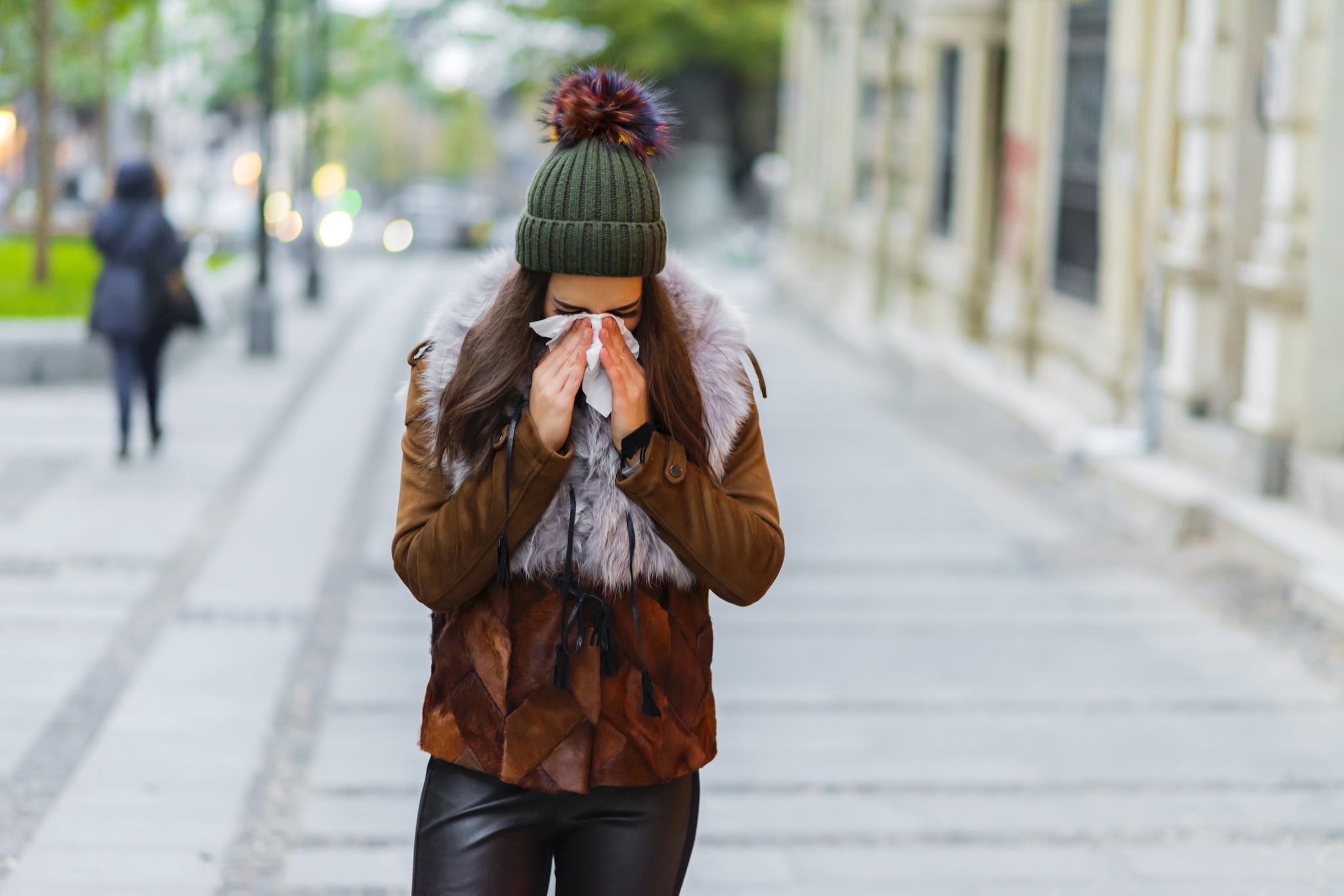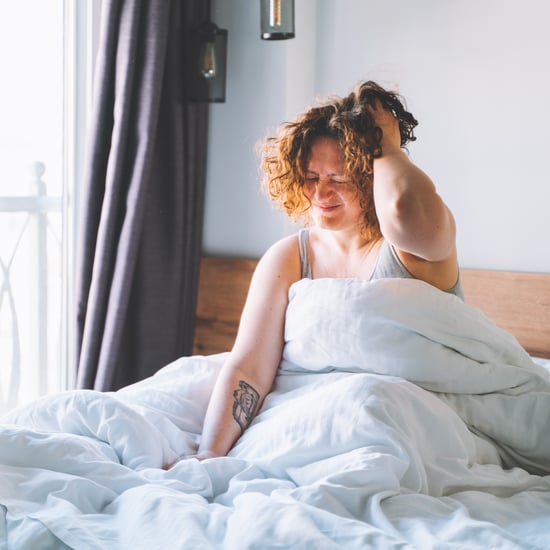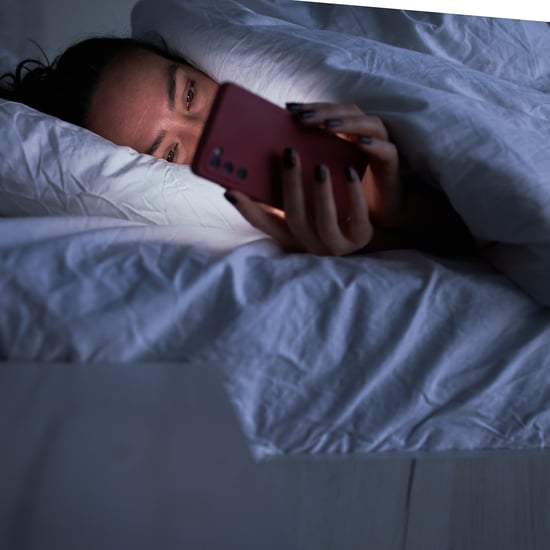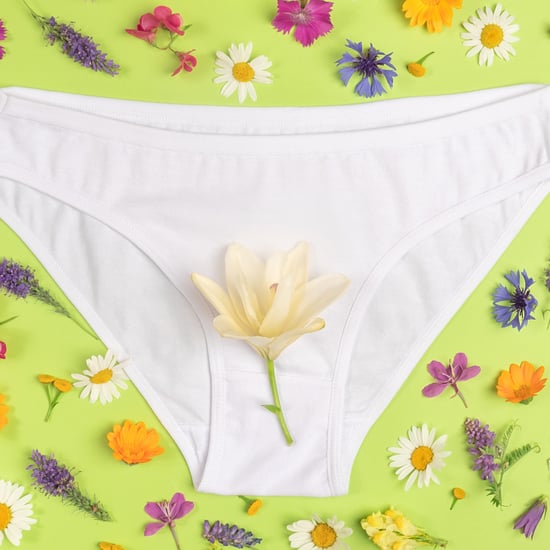Can Acupuncture Help With Seasonal Allergies?
I Tried Acupuncture to Ease My Allergies — Here’s What I Learned

After 28 years of existing in blissful ignorance of the effects of pollen and hay fever, I got my first taste of seasonal allergies. Needless to say, especially to those who've always struggled with allergy season, it was horrible.
The endless post-nasal drip, painful headaches, sinus pressure, and congestion left me lethargic, moody, and desperate for a solution.
While an over-the-counter antihistamine offered some minimal relief, I started searching for other alternatives to aid in curing my discomfort. A few Google searches later, I met acupuncture.
I knew acupuncture could help alleviate period cramps and ease anxiety, but allergy relief was a new bonus for me, so I reached out to the Yinova Centre, a nationally acclaimed acupuncture clinic in New York City, to schedule an ASAP appointment.
I was greeted by Kate Reil, DACM, LAc, who began my appointment with a 30-minute chat about the symptoms I was experiencing. I filled her in on the fact that I had started taking medicine for a sinus pain just the night before. She also asked me about my general lifestyle, my diet, and any issues I'd like to treat — for me, that was stress and excruciating period cramps.
"As practitioners of Chinese medicine, we're taught to diagnose each patient's allergies individually, looking for a pattern of disharmony that has resulted in symptoms," Kate told me. Hence the lengthy consultation.
"We start by dividing up the root of the problem from its branch," she said. "The branch is the allergy symptom, whereas the root is the situation in the body that led to the allergy happening. Once we have a clear picture of a patient's unique combination of symptoms, we create a treatment plan that is specifically tailored to their situation."
To learn where to place the needles to return my body to an equilibrium, treating all the issues I mentioned, she also took my pulse and looked at my tongue.
She then placed the needles in-between my eyebrows, on either side of my nose, on my feet, and near my elbows, and instructed me to rest for about 30 minutes.
"Acupuncture uses a system of channels in the body," she told me when I asked how multiple issues are addressed at once.
"These channels can be visualized on the body like the subway system map is here in New York. Each station stop is akin to an acupuncture point. In much the same way that some stations are quite busy with many train lines running through them, there are acupuncture points that are also hubs of connection with many different channels converging. These points are used more widely and have several indications to treat a variety of conditions. By the same idea, some subway stops are local, and there are acupuncture points that are 'local' too, in the sense that they may not be used as commonly as others, and are best for specific issues."
Within a matter of minutes, I felt my body start to relax. My arms and legs felt heavy against the table, and Kate told me I might even fall asleep. A new experience (I had only ever received one mini acupuncture session about six years prior), I was slightly anxious. I felt like my body was ready to unwind, but my mind wouldn't let up. After silently talking myself down, the tension started to release.
Many patients, Kate told me, experience immediate relief.
"For example, when it comes to allergies, by inserting small hair-like needles around the nose and sinuses, we are able to stop sneezing and relieve congestion," she said. "There are points on the feet that can soothe red, itchy eyes, and other points to calm down an overactive immune system.
The ideal thought is that acute symptoms are relieved, but some chronic, underlying issues might take more time to treat through multiple treatments. And the best time to treat allergies via acupuncture, she said, is before an allergy attack, perhaps before allergy season, to "help build your immune system and supportive defences."
After the 30 minutes, Kate came back in and removed the needles. When I sat up, I felt noticeably calmer and sleepier, and detected some relief in my congestion. I could breathe a little easier through my nose.
Curious to learn other outlooks on this topic, I also reached out to Dr. Purvi Parikh, MD, allergist with the Allergy and Asthma Network.
"The thought is the acupuncture helps with the nerve signals that cause nasal congestion, sneezing, runny nose, etc," she said. "Also, we know from other studies acupuncture may have an anti-inflammatory effect on the immune system. It is probably a combination of the two that provides relief for patients."
However, she also mentioned that studies have shown while there might be temporary benefits, the relief might not be lasting and more research needs to be done with larger sample sizes across all populations and ethnicities to strengthen the evidence. If you do suffer from allergies, her advice is to meet with a board-certified allergist to identify your triggers and find your individualized treatment.
Me? I plan on booking an appointment with an allergist and continuing my journey with acupuncture — if not for allergies, to finally get these period cramps under control.
Click here for more health and wellness stories, tips, and news.








